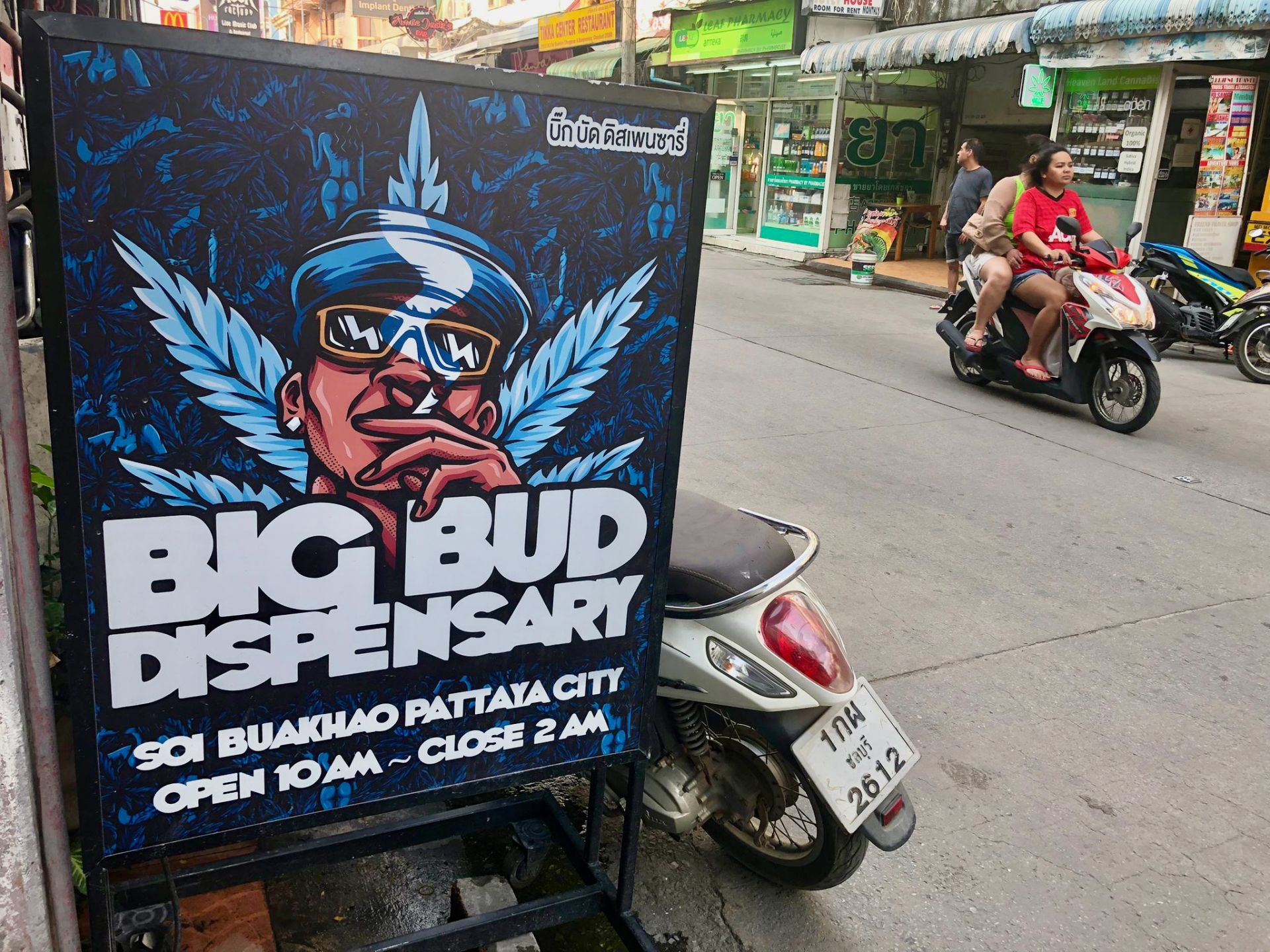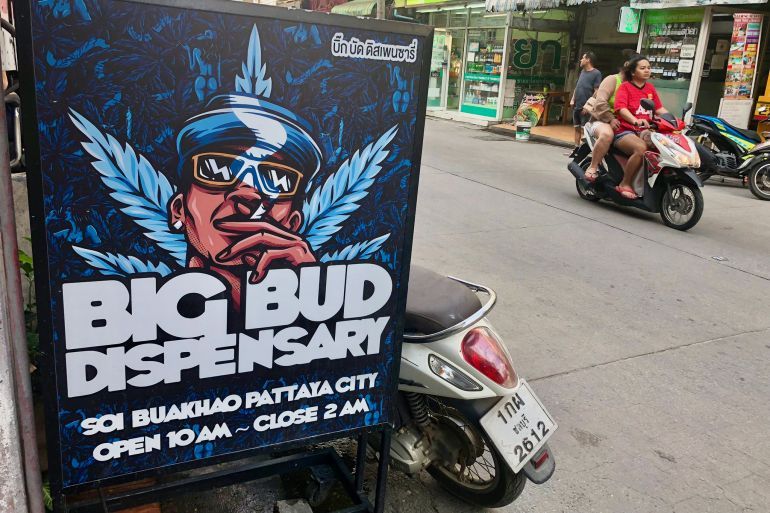THAILAND MOVES FORWARD WITH PROPOSED CANNABIS EXPANSION
On August 4th, Thailand’s Cabinet approved a motion that would allow farmers, patients, and medical professionals to grow, produce, and even export cannabis. The new law, if passed, would also permit the Public Health Ministry to use seized cannabis for medical purposes.
The draft will now be sent to the Office of Council of State for further scrutiny before making its way to the Lower House for further consideration.
The existing cannabis laws in Thailand permit only specific government entities and companies involved in medical cannabis research to engage in any type of cannabis activity, provided they have the proper permissions in place.
Thailand has traditionally had a harsh stance on drug use, but has slowly loosened its prohibition on cannabis. In 2018, Thailand’s legislature amended its laws to allow for medical cannabis use, and in January the country opened two full-time clinics for the purposes of dispensing cannabis oil for medical treatment.
“Medically, I see cannabis having a bright future [in Thailand],” said Johan Malmberg, the former Cultivation Director at Eastern Spectrum in an interview with Green Flower. Eastern Spectrum is one of Thailand’s pioneer cannabis companies, to which Malmberg has overseen all aspects of the cultivation process.
Malmberg added that Thailand’s continued push for legal medical cannabis access has also had a positive effect in other Asian and surrounding countries. “When Thailand started cannabis negotiations in 2016, many neighboring countries followed and even surpassed,” he said. “Even Australia and New Zealand who raced in after. So yes, I do think Thailand’s hype has affected other countries in Southeast Asia.”
In May of 2019, Prohibition Partners published the Asian Cannabis Report, which stated that the region's medical cannabis market is expected to be worth over $5.8 billion USD by 2024 — if key markets introduce reform. These markets include Thailand, South Korea, and Malaysia, all of which have implemented government-licensed medical cannabis regimes. Thailand’s market is expected to be worth $661 million annually in the next four years.
The report further explains that cannabis use in Asian countries is very low, approximately 2%, but due to the fact that the population of the region is 4.5 billion, it means 86 million people are currently using cannabis in some form.
On August 4th, Thailand’s Cabinet approved a motion that would allow farmers, patients, and medical professionals to grow, produce, and even export cannabis. The new law, if passed, would also permit the Public Health Ministry to use seized cannabis for medical purposes.
The draft will now be sent to the Office of Council of State for further scrutiny before making its way to the Lower House for further consideration.
The existing cannabis laws in Thailand permit only specific government entities and companies involved in medical cannabis research to engage in any type of cannabis activity, provided they have the proper permissions in place.
Thailand has traditionally had a harsh stance on drug use, but has slowly loosened its prohibition on cannabis. In 2018, Thailand’s legislature amended its laws to allow for medical cannabis use, and in January the country opened two full-time clinics for the purposes of dispensing cannabis oil for medical treatment.
“Medically, I see cannabis having a bright future [in Thailand],” said Johan Malmberg, the former Cultivation Director at Eastern Spectrum in an interview with Green Flower. Eastern Spectrum is one of Thailand’s pioneer cannabis companies, to which Malmberg has overseen all aspects of the cultivation process.
Malmberg added that Thailand’s continued push for legal medical cannabis access has also had a positive effect in other Asian and surrounding countries. “When Thailand started cannabis negotiations in 2016, many neighboring countries followed and even surpassed,” he said. “Even Australia and New Zealand who raced in after. So yes, I do think Thailand’s hype has affected other countries in Southeast Asia.”
In May of 2019, Prohibition Partners published the Asian Cannabis Report, which stated that the region's medical cannabis market is expected to be worth over $5.8 billion USD by 2024 — if key markets introduce reform. These markets include Thailand, South Korea, and Malaysia, all of which have implemented government-licensed medical cannabis regimes. Thailand’s market is expected to be worth $661 million annually in the next four years.
The report further explains that cannabis use in Asian countries is very low, approximately 2%, but due to the fact that the population of the region is 4.5 billion, it means 86 million people are currently using cannabis in some form.

